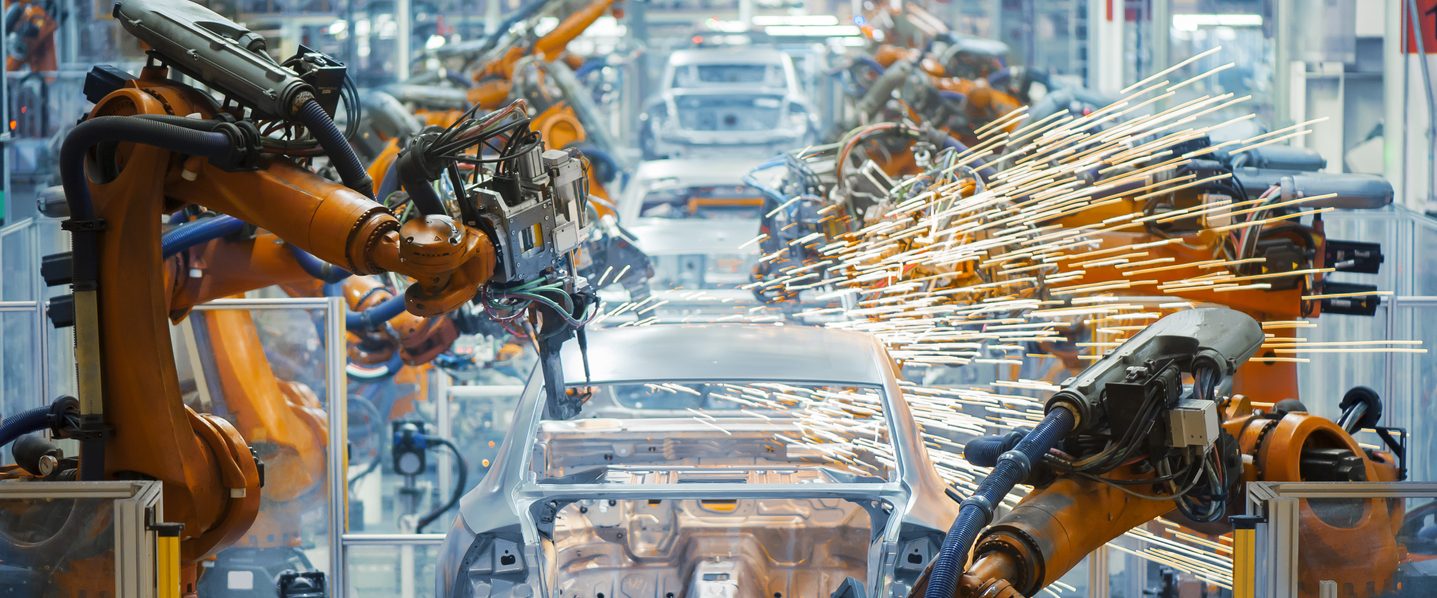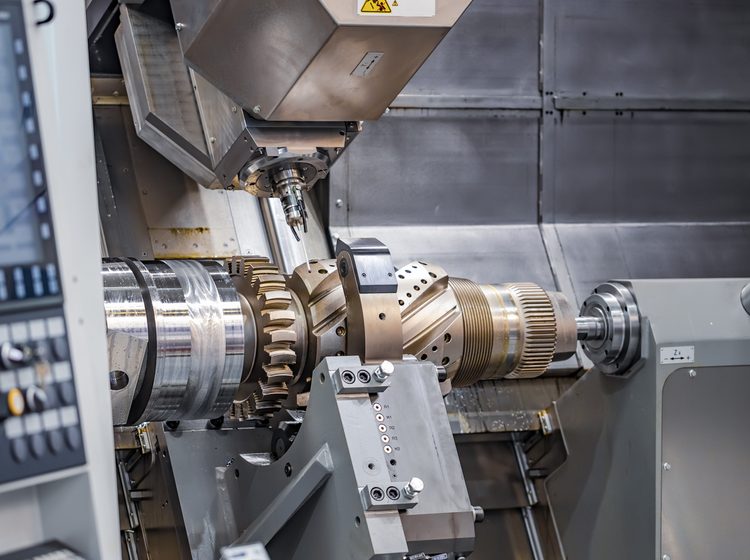If you’re interested in studying Engineering, you may still be undecided about which type of Engineering is for you. After all, there are numerous areas of Engineering you can study at university. To help you make your decision, we’re going to start by answering the question: ‘what is Mechanical Engineering?’.
As a discipline, Mechanical Engineering focuses on the design, manufacturing and maintenance of machinery. This makes it an incredibly broad type of Engineering, covering everything from designing cars to building robots.
A global history
It also has a long history. Early forms of Mechanical Engineering can be seen in archives from ancient societies, such as ancient Greece and China. Famous historic figures such as Archimedes and Zhang Heng made important contributions to the field; Ma Jun even invented a chariot with different gears!
Numerous important breakthroughs in the field were made in the Middle East during the Islamic Golden Age, with Al-Jazari making many remarkable discoveries. Later, during the 17th century, European figures such as Sir Isaac Newton continued to make incredible progress in Engineering.
But Mechanical Engineering really came to be its own distinct field during the Industrial Revolution, which began in Britain in the early 19th century. Machine tools, steam power and mass manufacturing all radically changed society, and Mechanical Engineering played a hugely important role.
Why study a Mechanical Engineering degree?
A Mechanical Engineering degree will give you a deep understanding of how mechanical systems work, and open up many interesting career opportunities.
Your studies will be based around mathematics and physics; in particular, studies will involve calculus, differential equations and linear algebra. Basic topics will include the study of statics and dynamics — a key distinction in Mechanical Engineering.
Statics is the study of physics systems that aren’t moving, which is relevant for developing, for example, bridge components or aircraft wings. Dynamics is for systems in motion, and covers everything from bicycle gears to jet engines.
With a degree in Mechanical Engineering, you could begin a career in all kinds of exciting fields, including aerospace, automotive engineering, nuclear engineering, construction and defence.
You could end up working at the forefront of new technologies too. After all, mechanical engineers are needed to develop new and more efficient ways to generate power, improve transport systems and enhance quality of life around the world.
With years of gaining technical knowledge and hands-on experience of engineering, Mechanical Engineering graduates are highly valuable to employers. You can expect to earn a high salary, and, as long as humanity is building new technologies and infrastructure, you’re likely to always have work opportunities.
Where can I study Mechanical Engineering?
With Kaplan, you can study abroad at fantastic universities in the UK, USA, Canada, or Australia, many of which offer superb degrees in the field.
You can also explore available degree preparation, which can help you prepare and qualify for a degree in Mechanical Engineering at your chosen UK university. If you have any questions, just get in touch and a friendly advisor will be in touch to explore your options with you.







